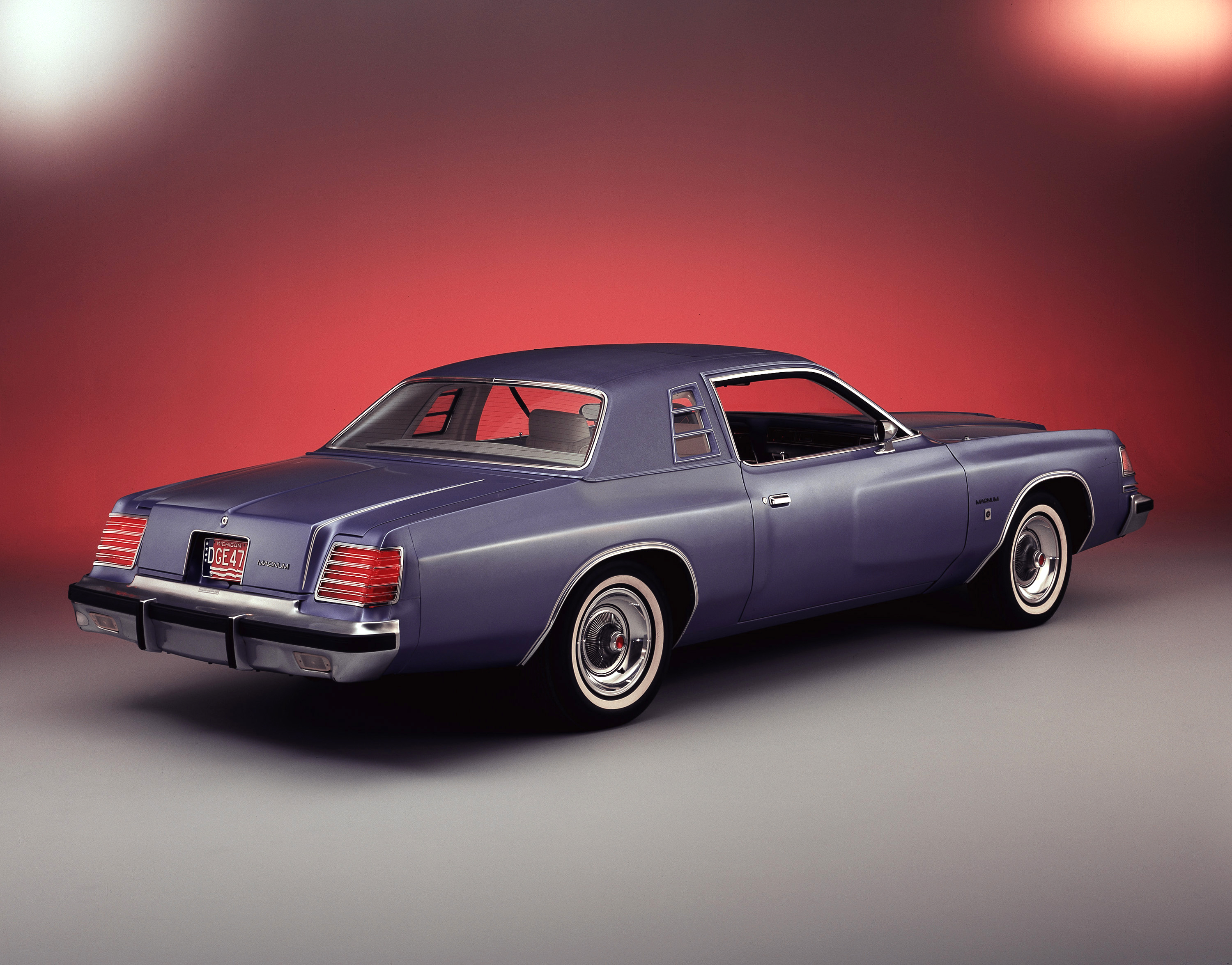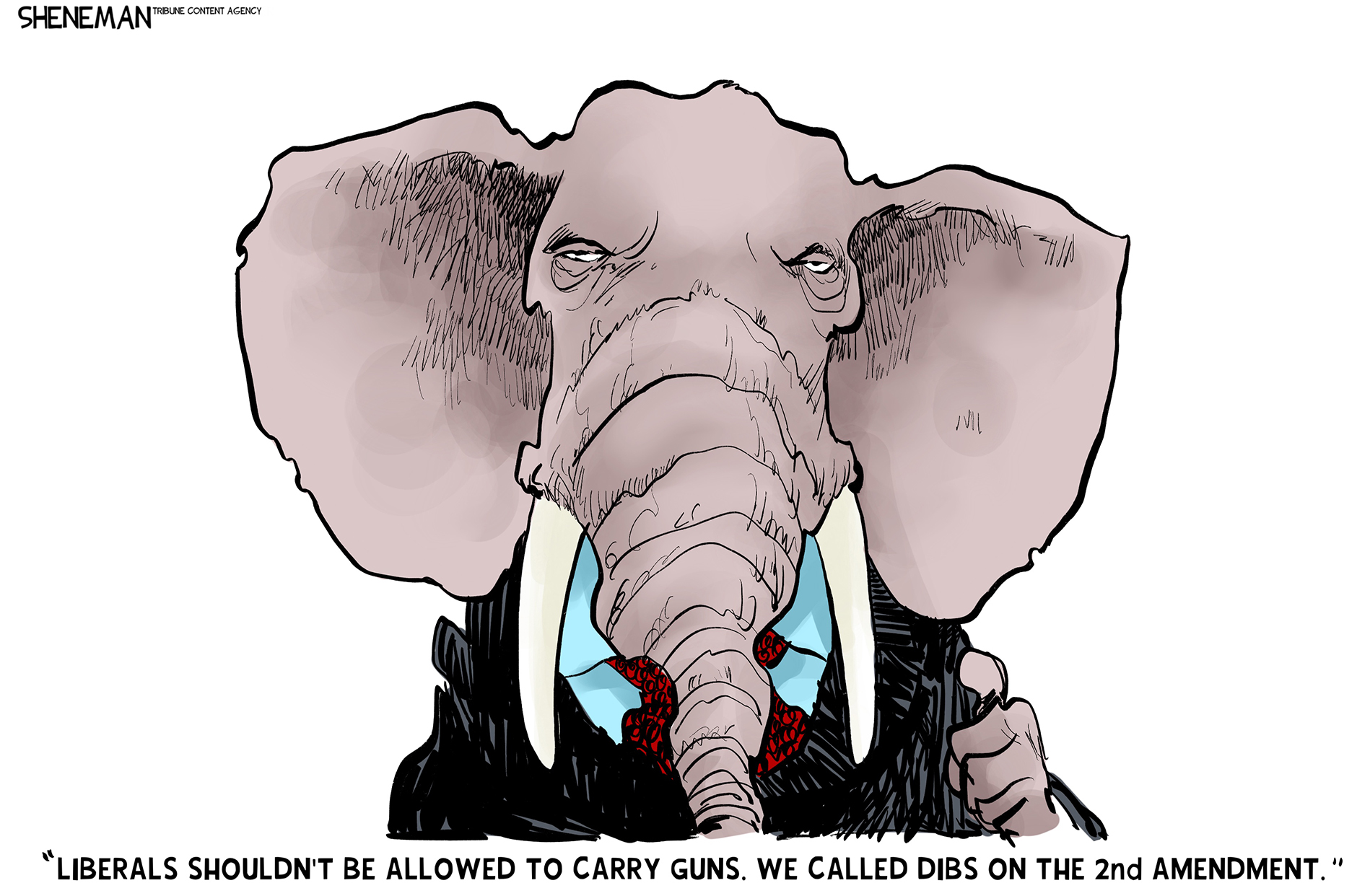The death of the American sedan
Goodnight, sweet Fiesta

The smartest insight and analysis, from all perspectives, rounded up from around the web:
"After more than a century-long run, automakers like Ford can no longer escape the obvious," said Peter Holley at The Washington Post. "Demand for traditional cars is beginning to dry up." As part of a massive cost-cutting initiative, Ford announced last week that it plans to walk away from its U.S. passenger sedan business after "years of declining sales," eliminating the Fiesta, Fusion, Taurus, and C-Max models. Aside from Mustang sports cars, a new Focus crossover, and a battery-electric line due in 2022, the Detroit automaker's lineup will soon be composed entirely of SUVs and trucks. By abandoning sedans, Ford will prune $11.5 billion in costs by 2022, on top of another $14 billion in previously announced cuts. This "is a momentous shift," said Neal Boudette at The New York Times. Just a decade ago, with gas prices surging, the compact Focus and midsize Fusion "spearheaded a push to provide stylish and fuel-efficient cars." But Americans are "abandoning sedans and choosing trucks and SUVs," showing a preference for rides that are higher off the ground and roomy enough to accommodate families. Last year, Ford's Fusion sales skidded 21 percent.
"Ford's sedan-killing move is a bet on the future of driving," said Claudia Assis at MarketWatch. Of the 17.2 million vehicles sold in 2017, roughly 70 percent were crossovers, SUVs, and pickup trucks. But those vehicles aren't the gas-guzzling behemoths of earlier generations. The average compact SUV now achieves 26 miles per gallon — about the same as a compact car a decade ago. Americans' taste for "powerful, spacious vehicles that give drivers a commanding view of the open road" has been an industry constant, said Edward Niedermeyer at Bloomberg. The last time that passion wavered was in 2008, when economic headwinds and a spike in gas prices exposed Detroit's overreliance on trucks and SUVs. But the difference in power and fuel efficiency "between the slow-selling cars that American automakers are abandoning and the trucks and SUVs that earn them record profits is shrinking." That's why "a repeat of 2008 seems unlikely."
The Week
Escape your echo chamber. Get the facts behind the news, plus analysis from multiple perspectives.

Sign up for The Week's Free Newsletters
From our morning news briefing to a weekly Good News Newsletter, get the best of The Week delivered directly to your inbox.
From our morning news briefing to a weekly Good News Newsletter, get the best of The Week delivered directly to your inbox.
Only if you believe gas prices will never spike again, said Patrick George at Jalopnik. If filling up at the pump does get dramatically more expensive, Ford may regret "not having a fleet of small and efficient cars in its stable." The company seems to be betting that its hybrids and electrics will soon be purchased in big enough numbers that changes in gas prices won't really matter. But that's a "bold gambit," premised on the notion that the price of electric batteries will drop significantly — hardly a given. Ford's shift also means that its lineup is getting "a lot more expensive," with its cheapest new car going from $14,205 to $19,995. U.S. automakers are "basically dumping the idea of a good, affordable new car — the kind you buy your teenage kid or get on a budget with a solid warranty" — ceding that segment to the used-car market or to Asian automakers who still make small vehicles. I understand why it's happening, "but it is kind of sad and dismaying to see the cheap new car market start to evaporate, leaving those buyers in the lurch."
A free daily email with the biggest news stories of the day – and the best features from TheWeek.com
-
 Political cartoons for January 29
Political cartoons for January 29Cartoons Thursday's political cartoons include 2nd amendment dibs, disturbing news, and AI-inflated bills
-
 The Flower Bearers: ‘a visceral depiction of violence, loss and emotional destruction’
The Flower Bearers: ‘a visceral depiction of violence, loss and emotional destruction’The Week Recommends Rachel Eliza Griffiths’ ‘open wound of a memoir’ is also a powerful ‘love story’ and a ‘portrait of sisterhood’
-
 Steal: ‘glossy’ Amazon Prime thriller starring Sophie Turner
Steal: ‘glossy’ Amazon Prime thriller starring Sophie TurnerThe Week Recommends The Game of Thrones alumna dazzles as a ‘disillusioned twentysomething’ whose life takes a dramatic turn during a financial heist
-
 The pros and cons of noncompete agreements
The pros and cons of noncompete agreementsThe Explainer The FTC wants to ban companies from binding their employees with noncompete agreements. Who would this benefit, and who would it hurt?
-
 What experts are saying about the economy's surprise contraction
What experts are saying about the economy's surprise contractionThe Explainer The sharpest opinions on the debate from around the web
-
 The death of cities was greatly exaggerated
The death of cities was greatly exaggeratedThe Explainer Why the pandemic predictions about urban flight were wrong
-
 The housing crisis is here
The housing crisis is hereThe Explainer As the pandemic takes its toll, renters face eviction even as buyers are bidding higher
-
 How to be an ally to marginalized coworkers
How to be an ally to marginalized coworkersThe Explainer Show up for your colleagues by showing that you see them and their struggles
-
 What the stock market knows
What the stock market knowsThe Explainer Publicly traded companies are going to wallop small businesses
-
 Can the government save small businesses?
Can the government save small businesses?The Explainer Many are fighting for a fair share of the coronavirus rescue package
-
 How the oil crash could turn into a much bigger economic shock
How the oil crash could turn into a much bigger economic shockThe Explainer This could be a huge problem for the entire economy